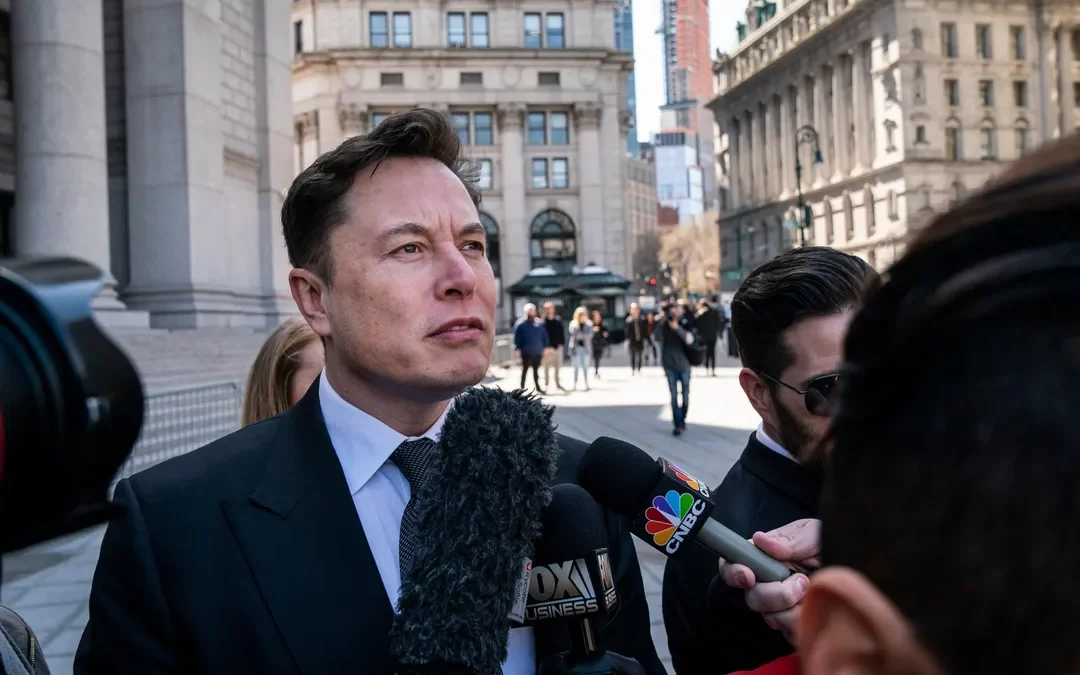Tesla questioned the veracity of the comments, stating Musk is a “target for deep fakes,” and a California judge has informally ordered Elon Musk to be interviewed under oath about whether he made certain statements regarding the capabilities of Tesla’s Autopilot functions.
The decision was reached in a case brought by Walter Huang’s family against Tesla after he died in a car accident in 2018.
Tesla’s semi autonomous driving software, according to Huang’s relatives, was ineffective. Huang, according to the automaker, disregarded vehicle warnings and was engaged in a video game on his phone prior to the collision.
A Model S and Model X, at this stage, can drive autonomously with more safety than a person, according to documented claims made by Musk in 2016, according to the lawyers representing Huang’s family. Musk was asked to testify about these statements. Right now.

Tesla, however, objected to the request in court documents, claiming that Tesla CEO Elon Musk couldn’t recall specifics of the statement and casting doubt on the veracity of the recording.
According to Tesla, “[Musk] is the subject of countless ‘deepfake’ videos and audio recordings that claim to show him saying and doing things he never actually said or did.
Judge Evette Pennypacker called Tesla’s claims “deeply troubling” and provisionally scheduled a brief, three-hour deposition where Musk could be questioned about whether he genuinely said the things on the recordings.
According to Pennypacker, “their position is that Mr. Musk is famous and might be more of a target for deep fakes, so his public statements are immune.” He went on to suggest that such justifications would let Musk and other well-known figures “avoid taking ownership of what they did actually say and do.”

The Tesla CEO is shown in a video of him appearing at a conference in June 2016 making the remark that the Huang family’s lawyers are citing.
In California, courts frequently make preliminary judgements that are subsequently finalized with minor revisions following a hearing.
A request for comment was not immediately answered by Tesla or a lawyer for Huang’s family.
On July 31, the lawsuit is set to go to trial, adding to the increasing judicial and governmental scrutiny of Tesla’s Autopilot technology.
In what appeared to be the first trial relating to an Autopilot-related crash, a California state court jury determined on Friday that the software did not malfunction.
Download The Radiant App To Start Watching!
Web: Watch Now
LGTV™: Download
ROKU™: Download
XBox™: Download
Samsung TV™: Download
Amazon Fire TV™: Download
Android TV™: Download

